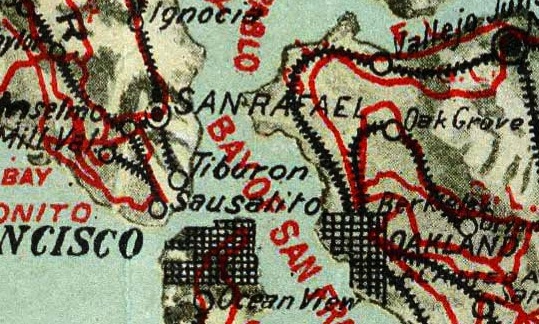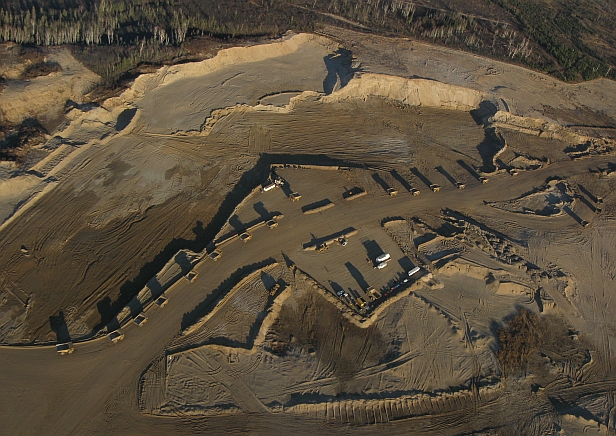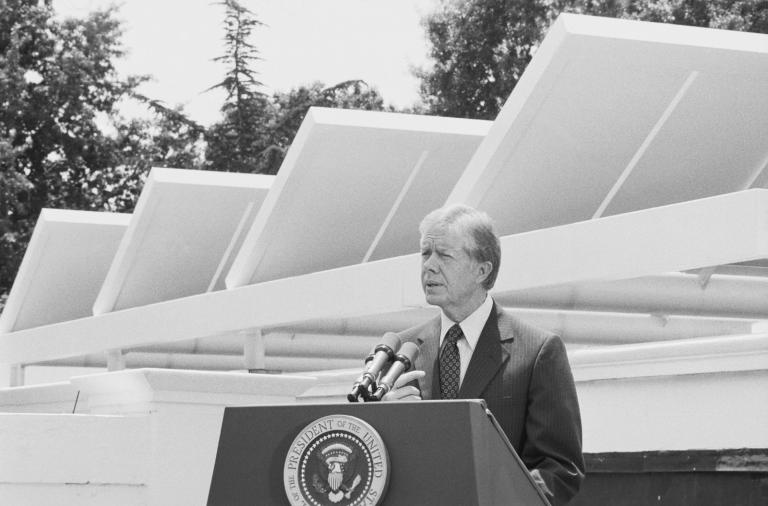Canada is pulling out of the Kyoto Protocol, ostensibly because it's so far from meeting its goals it'll have to pay high penalties. Also it’s all Bill Clinton’s fault. In reality, though, this is all about tar-sands oil.
For starters, it’s not exactly true that fines would be inevitable if Canada can’t meet its goals — the country has some options, like filing formal notice and renegotiating its goals, that would allow it to dodge the penalties. But why is the country so far off-target to begin with? Canada blames the United States for keeping out of Kyoto, saying that without American participation, the protocol keeps Canada from competing economically:
The first, worst mistake occurred at Kyoto itself in 1997, when then prime minister Jean Chrétien told Canadian negotiators to meet or beat the American commitment, whatever it took. The problem was that while the American commitment was ambitious, Bill Clinton never expected the Senate to ratify that commitment, and he was right.
The Liberals found themselves stuck with Draconian targets that, if met, would hobble oil sands production, hammer big industry in Ontario, and send home-heating bills through the roof.
Now, I'm not defending the United States' irresponsible stance on Kyoto. But there is something going on here besides this country's fierce inclination not to participate in international environmental policy. One of the reasons that Canada is not meeting its goals is because it has opted not to hobble oil-sands production — in fact, the government has encouraged it. And although many sectors of its economy have drawn down emissions, the tar-sands industry has more than made up for those drops. So Canada was faced with a choice: money from tar sands or climate change. It's choosing climate change.



